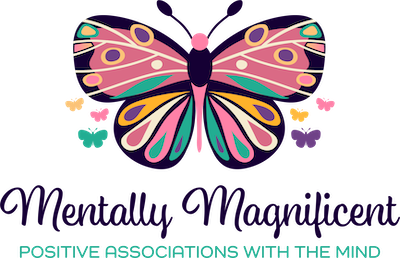The complex connection between gut health and brain health has captured the attention of both researchers and health enthusiasts in recent years. This two-way communication network, called the gut-brain axis, emphasizes the significant impact that our digestive system has on our mental health. How can you help this relationship, though, and how does it operate? Let’s explore the fascinating world of brain and gut health.
Gut bacteria communicate with the brain in several ways, even though this connection is often misunderstood. These bacteria play an essential role in producing various chemicals, metabolites, and hormones that influence key systems in the body. For example, they can interact with the immune system, the vagus nerve (a major nerve connecting the gut and brain), the enteric nervous system (the gut’s own “nervous system”), the neuroendocrine system (which regulates hormones), and the circulatory system.
Research has shown that gut microbiota can either produce or stimulate the body to produce important neurotransmitters, such as dopamine (which affects mood and motivation), γ-aminobutyric acid (GABA, which calms the brain), and serotonin (which regulates mood, sleep, and digestion). This growing understanding highlights gut bacteria’s significant role in maintaining physical and mental health.
Our mood, behavior, digestion, and capacity to acquire and integrate information are all impacted by the complexity of this communication system. More neurons are found in the ENS, or “second brain,” than in the peripheral nervous system or spinal cord. The brain and this second brain in the digestive tract are always communicating. As we will cover below, a diversified gut flora, tight junctions in the gut lining, and a well-toned vagus nerve are the main components that contribute to a healthy gut-brain connection.
Neurodegenerative Diseases
We look at how gut bacteria affect certain brain cells—microglia, astrocytes, and oligodendrocytes—in both healthy brains and brain diseases. We focus on the chemicals and metabolites produced by gut bacteria and how these affect the brain, especially in diseases like Alzheimer’s, Parkinson’s, or multiple sclerosis.
By examining how these bacterial products interact with brain cells, we aim to better understand the connection between the gut and brain, particularly in diseases that damage brain function. This research could provide insight into new treatments or prevention strategies for neurodegenerative disorders. The relationship between the enteric nervous system (ENS) in the gut and the central nervous system (CNS) in the brain helps explain why treatments for bowel disorders, such as antidepressants, medical hypnosis, and cognitive behavioral therapy (CBT), can be effective.
Research shows that these two “brains” communicate constantly, influencing each other in ways that can affect both mental and physical health. When treatments target one system—like the brain through therapy or the gut through medication—they often end up benefiting the other. For example, medical hypnosis or CBT can ease anxiety and stress, which can then reduce symptoms like irritable bowel syndrome (IBS). Similarly, antidepressants may stabilize mood while also helping to regulate gut function.









